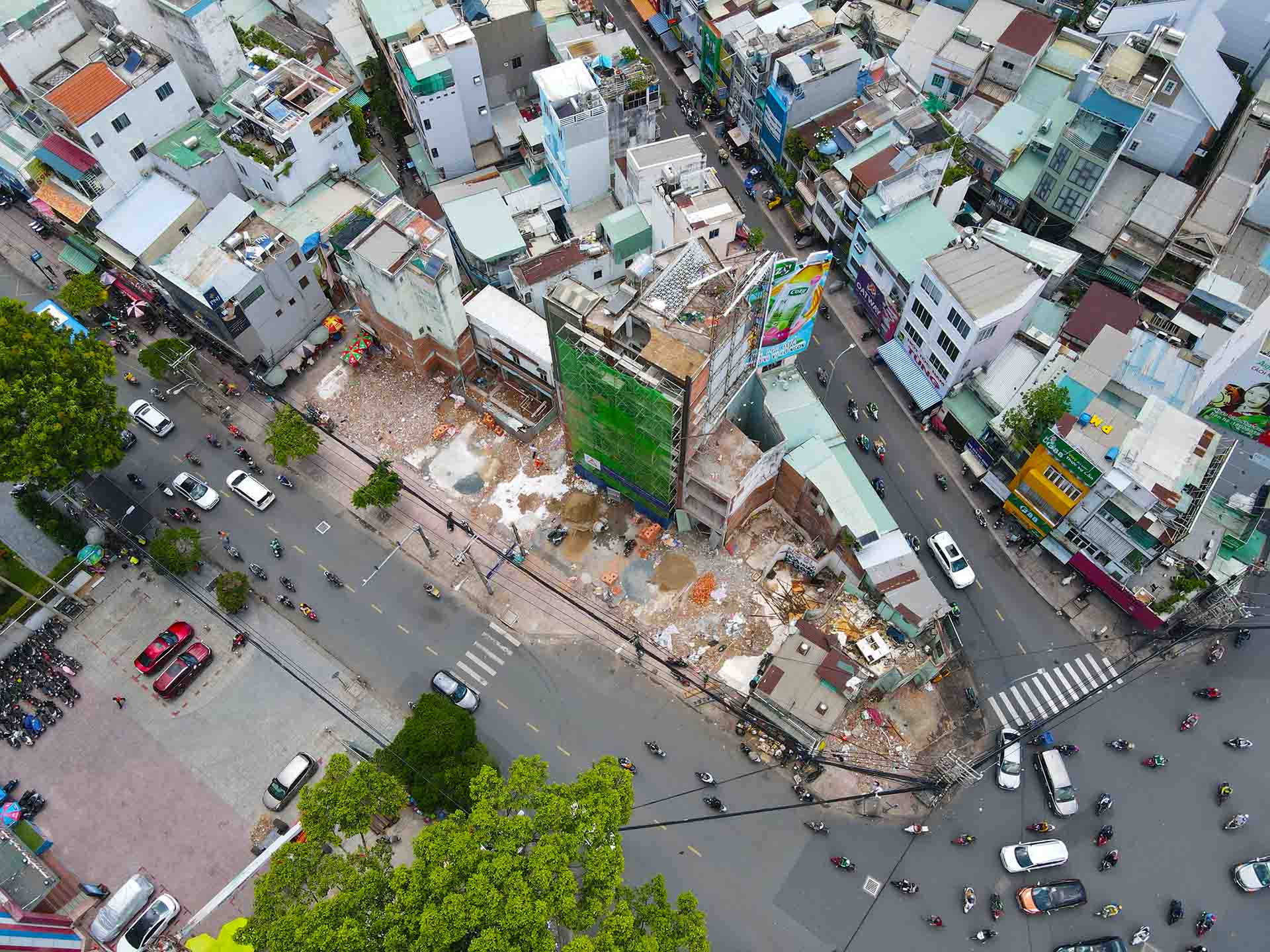HCMC – Prime Minister Pham Minh Chinh has approved a proposal by HCMC authorities to stop using official development assistance (ODA) from Germany’s KfW Development Bank for the city’s Metro Line 2 project.
The PM signed a decision cancelling the use of all funds under two loan and grant agreements signed with KfW on March 1 and June 4, 2011. The total value of the canceled loan is 155 million euros. Additionally, a grant of over 66.2 million euros under the second agreement will no longer be used, reported the Vietnam News Agency.
The HCMC People’s Committee has been tasked with managing the remaining portion of the non-refundable ODA under the second agreement, in line with existing regulations. The city will cover all fees and obligations resulting from the loan termination until final settlement with KfW.
Metro Line 2, which runs more than 11 kilometers and connects Ben Thanh Market and Tham Luong, requires a total investment of VND47.89 trillion. The majority of the funding was to come from international lenders, including the Asian Development Bank (ADB), Germany’s KfW, and the European Investment Bank (EIB). However, the project has faced repeated delays and complications during implementation.
Of the project’s eight main construction packages, only package CP1 — which covers the office building and auxiliary works at the Tham Luong depot — has been completed and put into use. The remaining packages are currently under review and adjustment.
Following the withdrawal of German funding, HCMC plans to switch the project’s financing model to public investment from the municipal budget. The project will also be expanded to include integrated infrastructure connecting Metro Lines 1 and 2 at Ben Thanh Central Station.
City leaders have instructed the HCMC Management Authority for Urban Railways, the project investor, to coordinate with the Departments of Construction and Finance to begin preparations under a new investment mechanism. The Department of Construction has been assigned to revise the project without changing the investment policy and to consider using front-end engineering design (FEED) instead of basic design to shorten the preparation timeline and accelerate the tendering and contract processes.
Meanwhile, the Department of Finance will propose funding allocations for the next two medium-term periods: 2026–2030 and 2031–2035.









